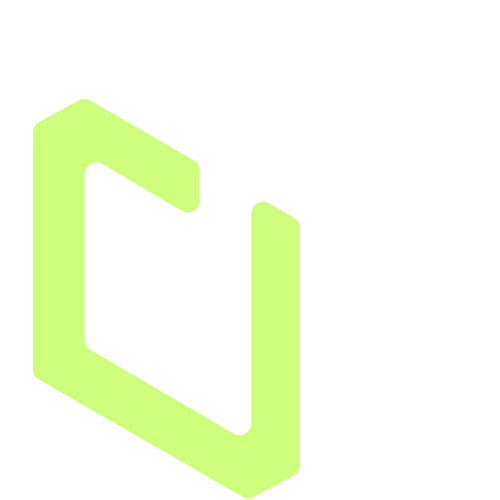Maximizing Drayage Profits: How Data-Driven Pricing Transforms Your Bottom Line
A comprehensive guide on leveraging data-driven pricing strategies in the drayage industry to improve profitability and operational efficiency
The drayage industry is experiencing a transformative shift. Companies leveraging data-driven pricing strategies are seeing dramatic improvements in their profit margins, while those relying on traditional methods are falling behind. This comprehensive guide reveals how modern pricing intelligence is revolutionizing drayage operations and delivering measurable bottom-line results.

The Hidden Costs of Traditional Drayage Pricing
Traditional pricing methods are costing your business more than you realize:
Direct Costs
- Hours spent researching rates
- Missed opportunities due to slow response times
- Revenue lost to underpricing
- Business lost to more agile competitors
Indirect Costs
- Customer dissatisfaction from pricing inconsistencies
- Resource drain from manual processes
- Market share erosion
- Reduced competitive advantage
The Data-Driven Advantage
Modern drayage operations are achieving remarkable results through data-driven pricing:
Measurable Improvements
- 85% reduction in quote generation time
- 60% increase in quote accuracy
- 25% improvement in win rates
- 20% average margin improvement
Real-Time Market Intelligence: The Game Changer
Access to real-time market data transforms your operation in several key ways:
Precision Pricing
- Instant access to 100,000+ current rates
- Real-time competitive analysis
- Dynamic pricing optimization
- Automated rate adjustments
Market Positioning
- Comprehensive market coverage
- Competitive benchmarking
- Regional rate analysis
- Seasonal trend identification
Operational Excellence
- Automated quote generation
- Streamlined workflows
- Reduced manual effort
- Improved resource allocation
Implementing Data-Driven Pricing
Success with data-driven pricing requires a strategic approach:
Phase 1: Assessment
- Evaluate current pricing processes
- Identify efficiency gaps
- Define success metrics
- Set implementation goals
Phase 2: Implementation
- Deploy rate intelligence platform
- Train team members
- Establish workflows
- Monitor initial results
Phase 3: Optimization
- Analyze performance metrics
- Refine pricing strategies
- Scale successful approaches
- Continuous improvement
Measuring Success
Track these key performance indicators (KPIs):
Financial Metrics
- Quote-to-win ratio
- Average margin per load
- Revenue per customer
- Overall profitability
Operational Metrics
- Quote response time
- Rate accuracy
- Customer satisfaction
- Market share growth
Future-Ready Operations
Stay ahead of the curve with these emerging trends:
AI and Machine Learning
- Predictive pricing models
- Pattern recognition
- Automated decision-making
- Risk assessment
Integration and Automation
- API connectivity
- Workflow automation
- System integration
- Real-time updates
Advanced Analytics
- Market forecasting
- Trend analysis
- Competitive intelligence
- Performance optimization
Taking Action
Transform your drayage operations with these steps:
1. Evaluate Your Current State
- Assess pricing processes
- Measure response times
- Calculate win rates
- Review profit margins
2. Plan Your Implementation
- Set clear objectives
- Define success metrics
- Choose technology solutions
- Create timeline
3. Execute and Scale
- Deploy new tools
- Train team members
- Monitor results
- Optimize performance
Conclusion
The future of drayage belongs to companies that embrace data-driven pricing. By implementing real-time rate intelligence and automated pricing tools, you can transform your operations, increase profitability, and secure a competitive advantage in today's dynamic market.

